hello
- Co-Publisher for The New Inquiry
- Researcher-in-Residence at NEW INC
- surviving information
- understanding social systems
- continuing education
- rhetorical software
surviving information
Can the news automatically be structured and presented in a less overwhelming way?



Can the main sentiments of a massive comments section be summarized?

Can non-rhetorical questions automatically be surfaced to encourage journalists' productive engagement with their readers' comments?

understanding social systems



Can we make complex economic and social systems more legible through participative and speculative simulations?

How do physical environments and social contexts interact and affect peoples' behavior?

Can a culture be described computationally?
continuing education
How can we involve more people and new perspectives in machine learning?
Can machine learning be taught in a way that immediately surfaces its problematic nature?

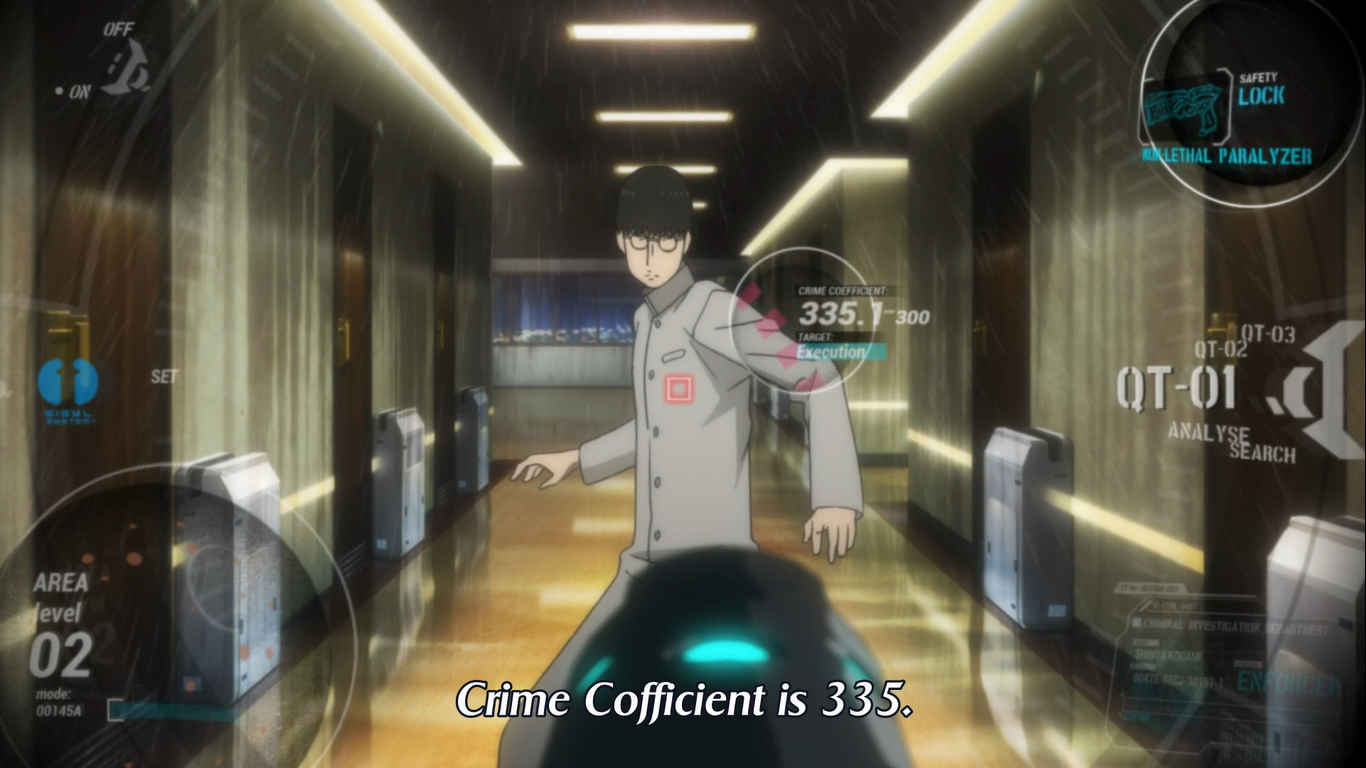

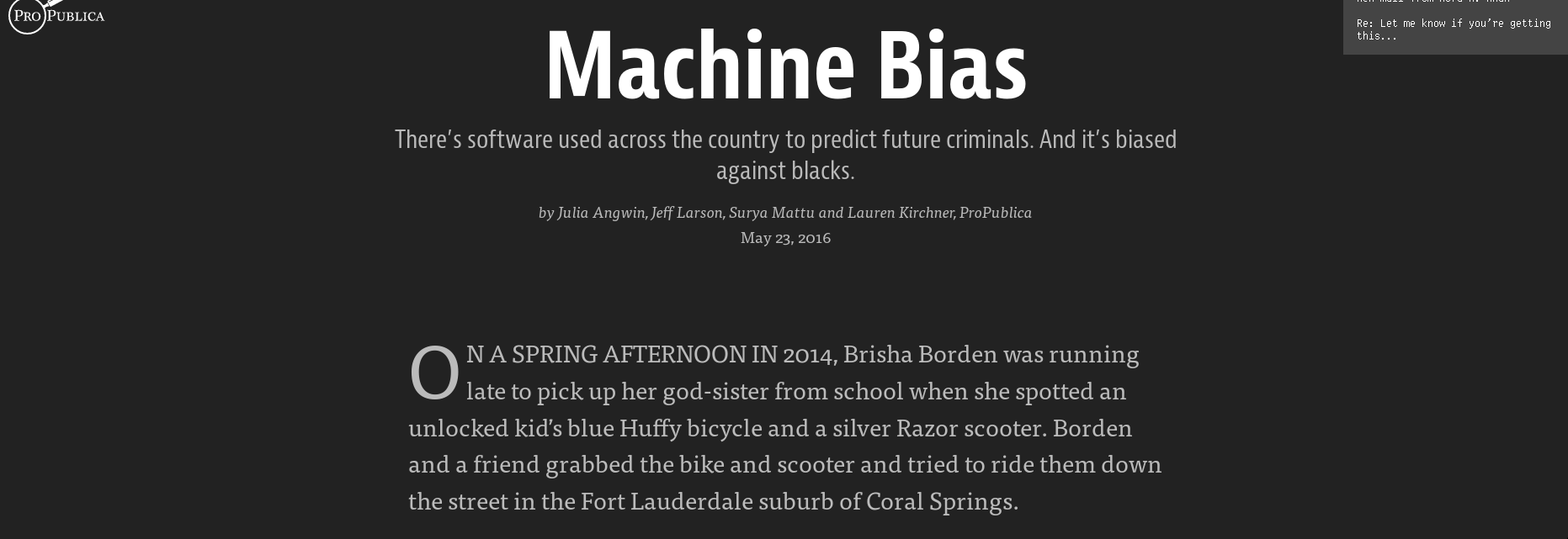
What can we salvage from utopianism? Can we imagine non-prescriptive, non-normative, non-totalizing futures?

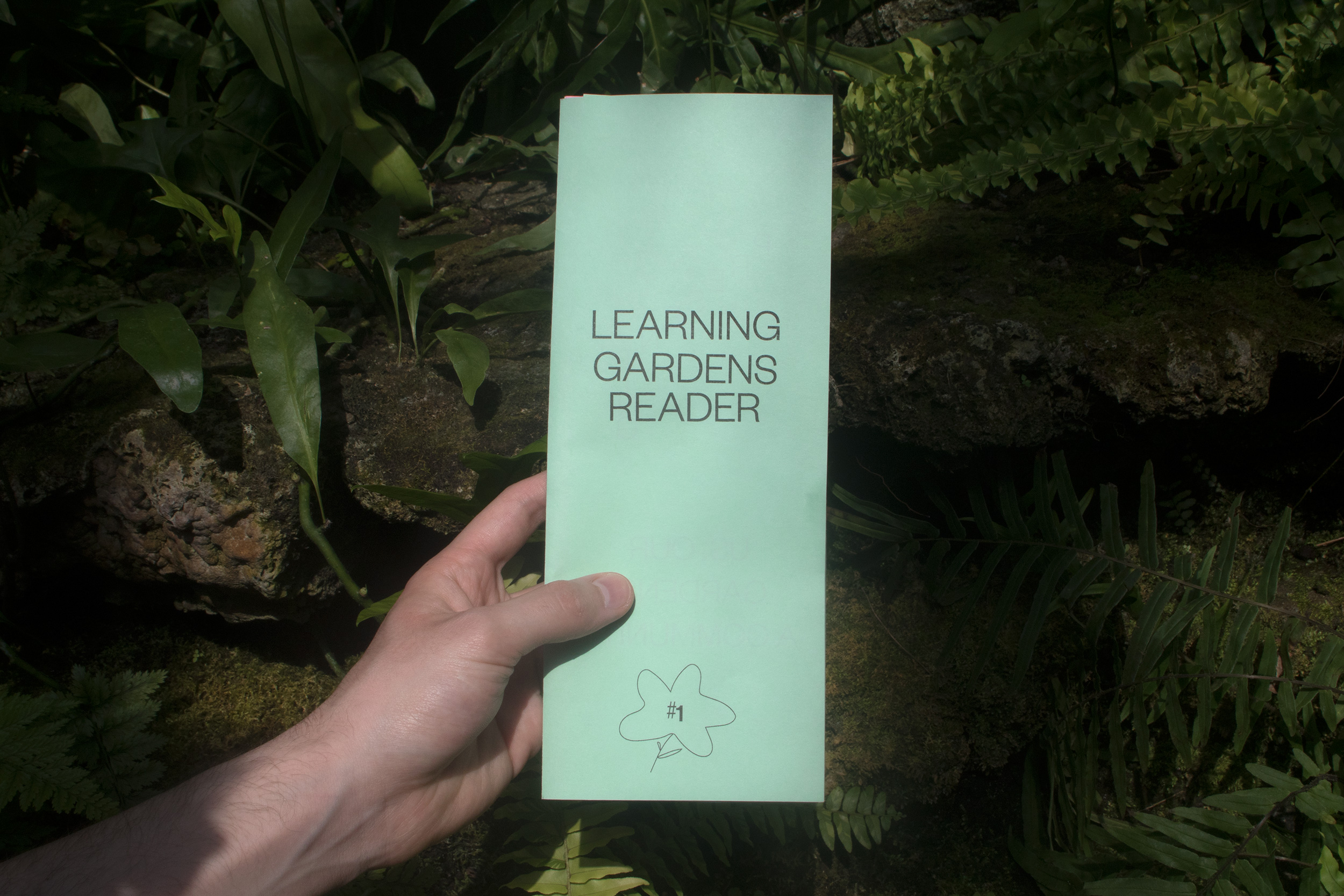
Learning Gardens is an open meta-organization to support grassroots non-institutional learning through community. We want decentralized education that is responsive and lived, and one of the models we love is group of like-minded people building skills together in response to their interests.
rhetorical software

To succeed even within the game’s fairly broad definition of success (building a habitable city), you must enact certain government policies. An increase in the number of police stations, for instance, always correlates to a decrease in criminal activity; the game’s code directly relates crime to land value, population density, and police stations. Adding police stations isn’t optional, it’s the law.
...
The player’s exploration of utopian possibility is limited by these parameters. The imagination extolled by Wright is only called on to rearrange familiar elements: massive buildings, suburban quietude, killer traffic. You start each city with a blank slate of fresh green land, yet you must industrialize.
The landscape is only good for extracting resources, or for being packaged into a park to plop down so as to increase the value of the surrounding real estate. Certain questions are raised (How much can I tax wealthy residents without them moving out?) while others (Could I expropriate their wealth entirely?) are left unexamined.
- Ava Kofman, Les Simerables
Can the contradictions, power asymmetries, and destructiveness of Silicon Valley be made intuitive?
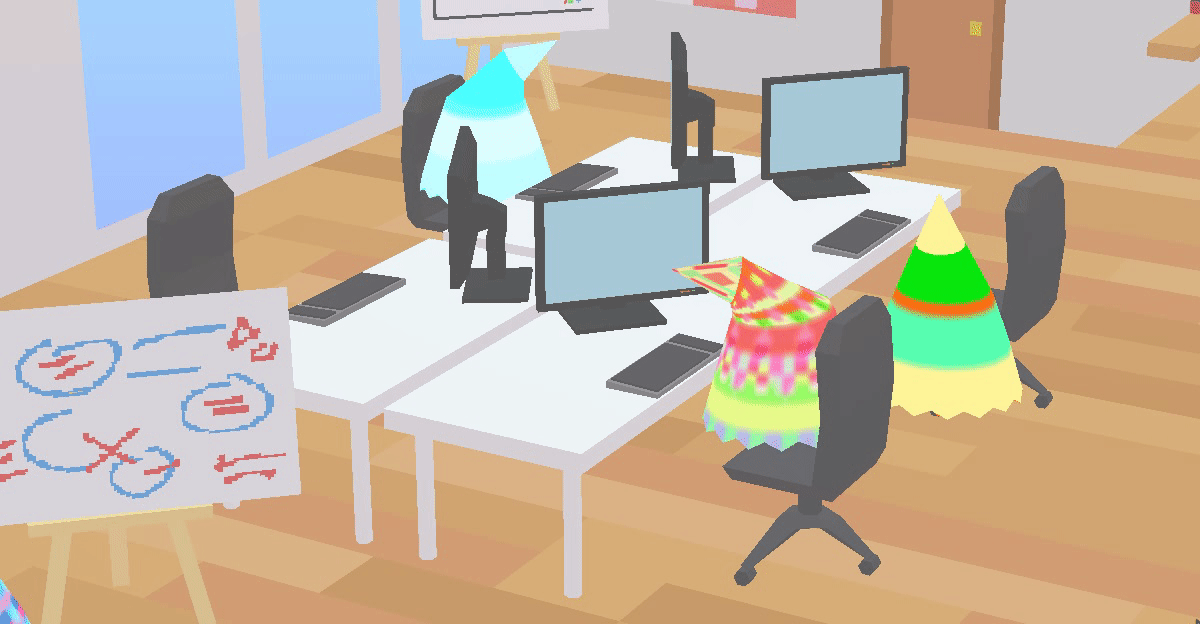
Can we help highlight the racist nature of predictive policing and get people in finance and government to consider this nature?


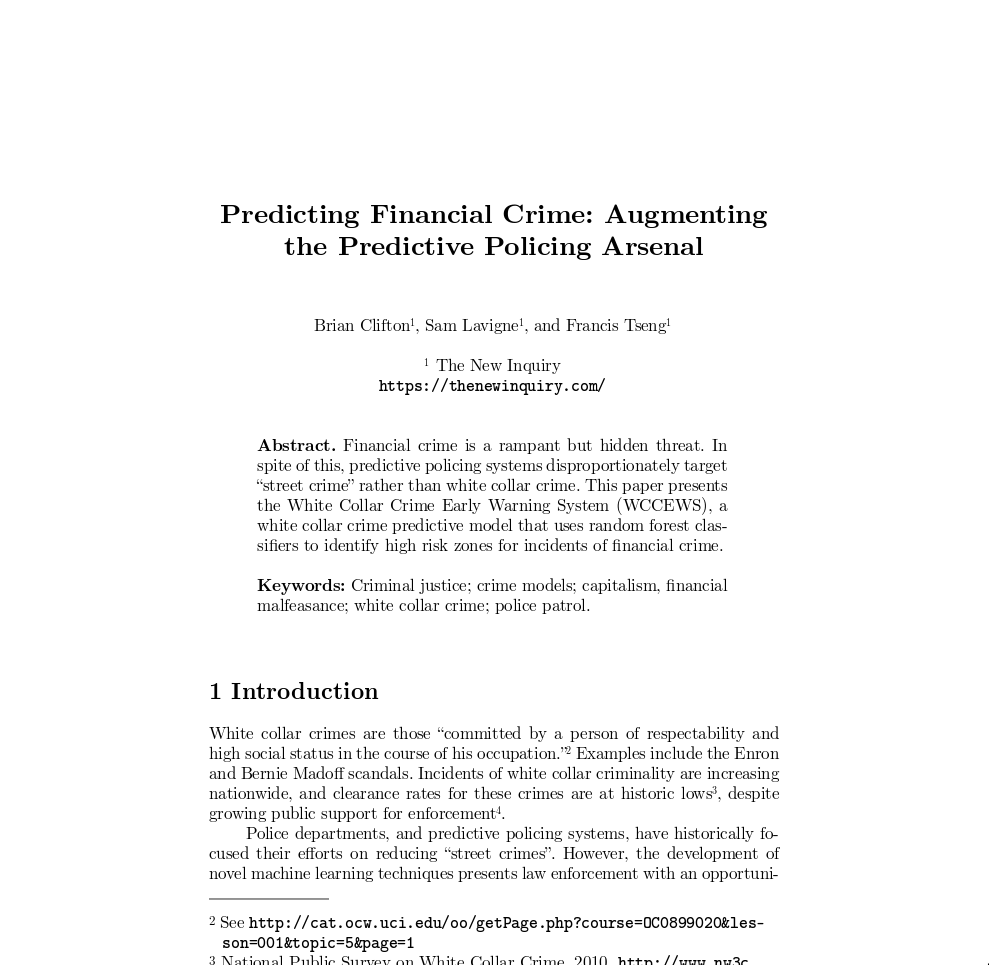
How do machine learning algorithms fail at pattern recognition like humans do?
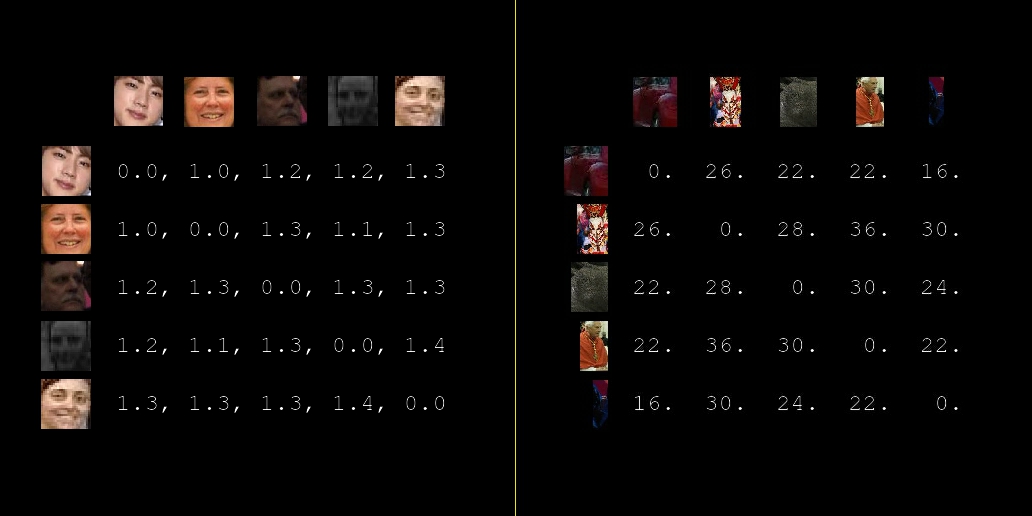
thanks
- @frnsys
Cybernetics Club is a learning group organized around the legacy of cybernetics and all the fields it has touched. "Cybernetics" is difficult to define: an ambitious interdisciplinary science that sought to generally connect fields as disparate as astrophysics, biology, sociology, computer science, and more by considering systems, and the control and communication that run within them, as the objects of study. As a practice, cybernetics is a victim of its own success - its renown has faded, but its ideas have dissolved into the disciplines it aimed to unite, or seeded entirely new ones: information science, systems biology, and more.
In a world that feels intractable in scale and complexity, tensions of communication and control abound. Maybe by returning to the ideas of cybernetics can we find some help in making sense of the present.
The ethos of Cybernetics Club is: "I'm interested in this topic, let's learn and talk about it together". There's no need to be an expert to lead a session. The only requirement is some connection to cybernetics, or approaching the topic in a cybernetic way. Fortunately, cybernetics is such a broad discipline that it's framing is applicable to many, many different subjects.